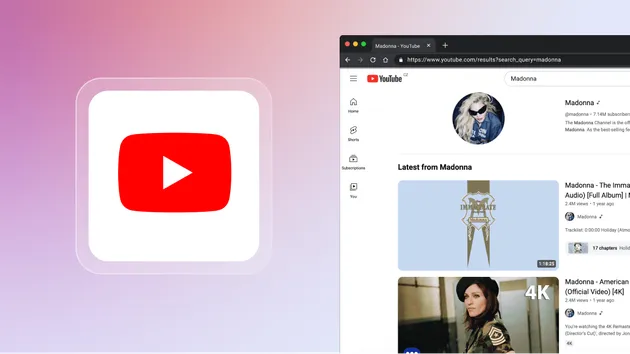🏯 Youtube Trending Scraper
Pricing
$0.50 / 1,000 videos
🏯 Youtube Trending Scraper
Your tailor-made tool to harness the dynamic world of trending content on YouTube. This powerful tool is designed to give you an in-depth, real-time snapshot of what's capturing the world's attention. And more, its extremely cheap price at only $0.50 per 1000 videos!
Pricing
$0.50 / 1,000 videos
Rating
5.0
(8)
Developer

API Dojo
Actor stats
33
Bookmarked
446
Total users
27
Monthly active users
13 hours
Issues response
10 hours ago
Last modified
Categories
Share


